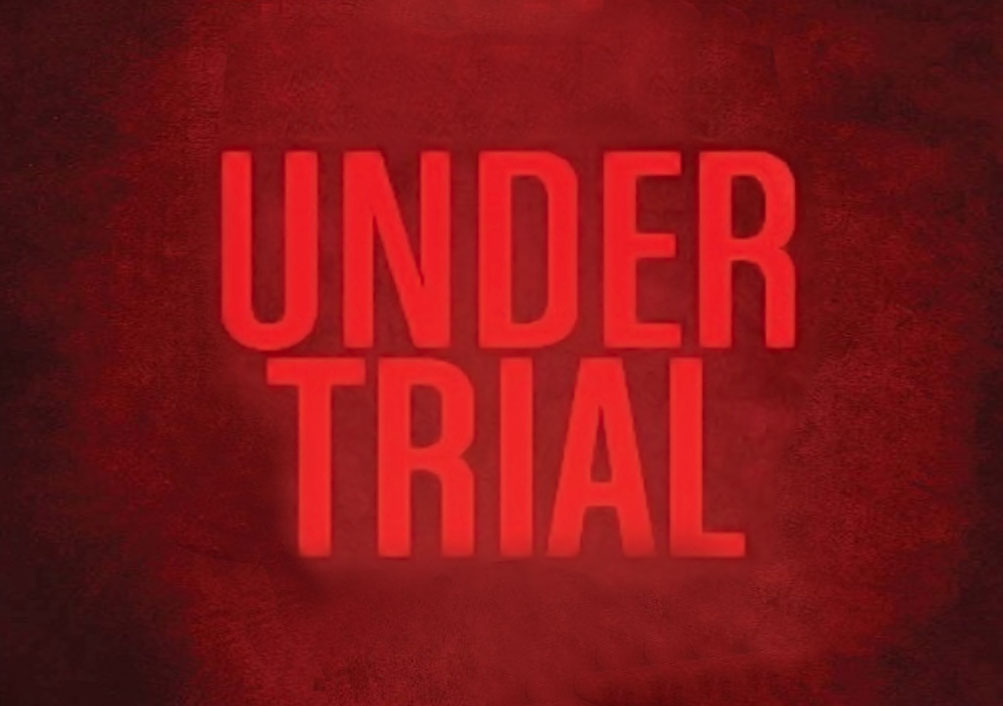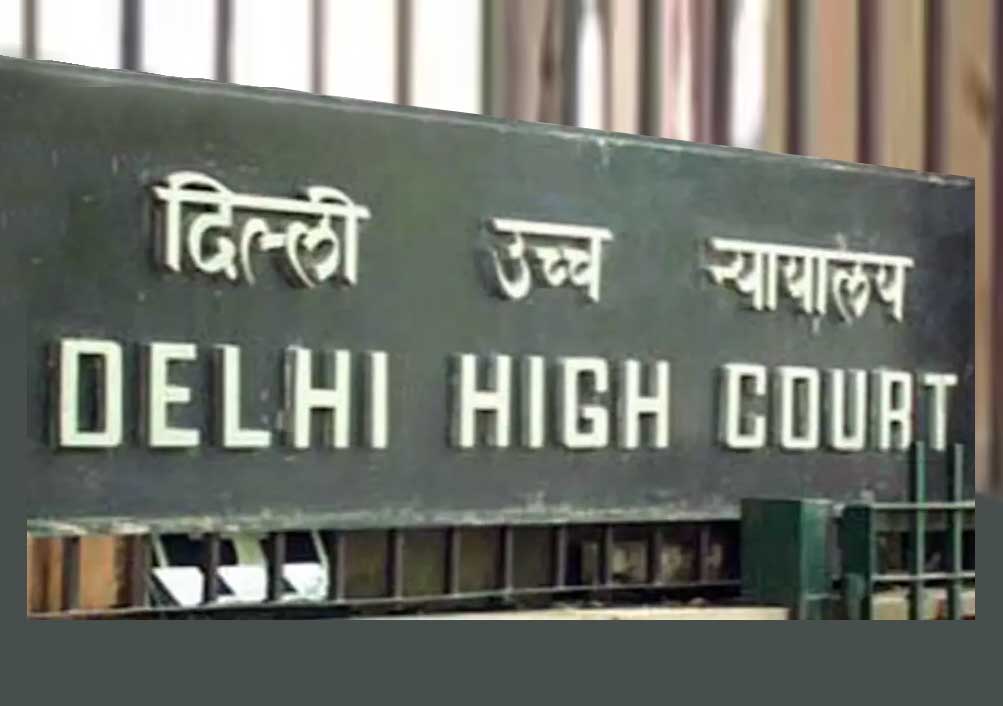Delhi HC places matter before HPC for issuing clarifications in order to avoid conflicting orders on issue of grant of interim bail to under trial prisoners

Read order: MANISH KUMAR @ MANNY AND ORS v. THE STATE AND ORS
Pankaj Bajpai
New Delhi, September 2,2021: In order to avoid conflicting orders on the issue of grant of interim bail to under trial prisoners, the Delhi High Court has placed the matter before the High Powered Committee (HPC) to issue appropriate clarifications for the guidance of Benches dealing with application for grant of interim bail to Under Trials facing trial for offences u/s 364A, 394 & 397 of the IPC.
The issue which had arisen for consideration was, whether HPC guidelines issued in 2021 extend the benefit to Under Trial Prisoners who are facing trial for offences u/s 364A, 394, 397 IPC etc. especially when these offences do not figure in the Exclusion Clause.
The observation came pursuant to bail applications seeking entitlement to the benefit of HPC guidelines to the persons who are accused of offences u/s 392/394/395/397/412 of IPC.
The counsels for the petitioners stated that the Minutes of Meeting dated May 11, 2021 provides that a person facing trial for an offence u/s 302 IPC is entitled to be released on interim bail under the HPC guidelines.
The counsel contended that if an under trial prisoner who is accused in two cases involving an offence u/s 302 IPC, where the punishment is death or imprisonment for life, is entitled to the benefit of the HPC guidelines and is to be released on interim bail, then an Under Trial Prisoner who is facing trial in a case involving offences u/s 392/394/395/397/412 IPC where the maximum punishment is life, should surely should be extended the same benefit.
On the other hand, the APP opposed the same by contending that the HPC had intentionally omitted the offences like dacoity, robbery, kidnapping for ransom etc., and the members of the HPC did not intend to extend the benefit of HPC guidelines to the persons accused of these offences.
After considering the arguments, the single Bench of Justice Subramonium Prasad noted that with the outbreak of COVID-19 pandemic, in compliance of the directions of the Supreme Court in Suo Moto W.P.(C).1/2020, the High Courts constituted HPCs to frame guidelines to decongest prisons in order to prevent the outbreak of COVID-19 pandemic inside the prisons.
A High Powered Committee of this Court was constituted to lay down the guidelines for the release of Under Trial Prisoners who were to be released to decongest jails, added the Bench.
Justice Prasad went on to mention that in the Minutes of Meeting dated May 18, 2020, under trial prisoners who have committed offences like rape etc., have been specifically excluded from the ambit of HPC guidelines.
The members of the HPC clarified the position that the benefit of the HPC guidelines should not be extended to the persons who are facing trial for offences of dacoity, robbery and kidnapping for ransom etc., added the Single Judge.
“During the second wave of COVID-19 which broke out in the Capital in the months of April and May 2021, once again the High Powered Committee laid down the parameters for de-congesting the prisons. The meeting held on 04.05.2021 laid down the category of prisoners who should be granted interim bail for a period of 90 days”, observed the Bench.
Justice Prasad found that this Court by an order dated July 5, 2021 titled as Arshad v. State of NCT of Delhi, denied interim bail on the ground that the offence u/s 394 IPC is excluded from the ambit of the HPC guidelines issued in the year 2020.
On the other hand, this Court by another order dated June 24, 2021 titled as Mohit Sharma v. State, had extended the benefit of the HPC guidelines to an accused undergoing trial for offences u/s 302/392/397/411/120B/34 IPC, noted Justice Prasad.
Hence, the Single Bench placed the matter before the HPC for issuance of appropriate clarifications, in order to avoid conflict of opinions on the issue of bail to under trial prisoners.
Sign up for our weekly newsletter to stay up to date on our product, events featured blog, special offer and all of the exciting things that take place here at Legitquest.




Add a Comment